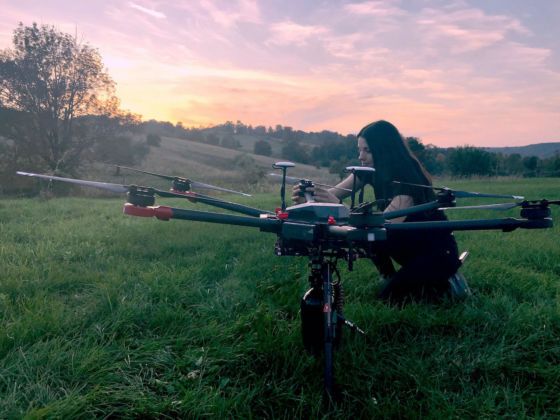We lose 13 billion trees per year and only get back less than half of them. But because experts know that having more trees is one of our best chances to fight climate change, Canadian startup Flash Forest wants to make a dent in that number by planting one billion trees by 2028.
When combined with the work of similar companies like Dendra Systems and Droneseed — which is working to up its planting efforts to one billion trees annually — tree-planting drones could make a significant difference in long-term reforestation of heavily deforested areas.
